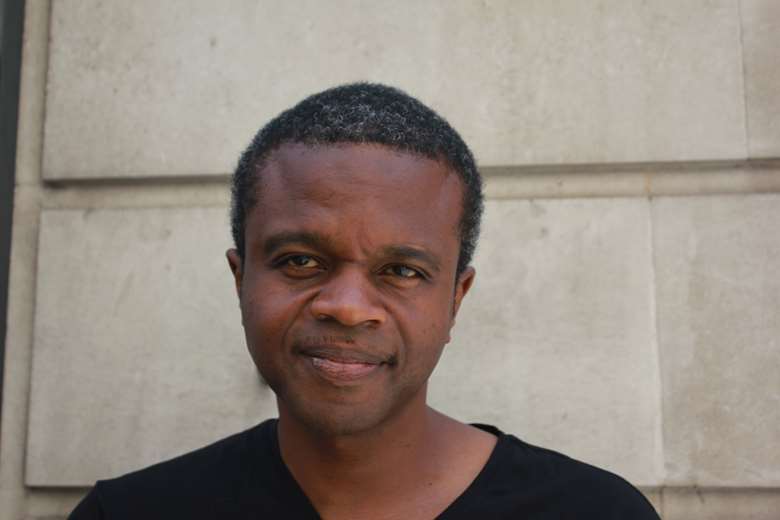Roger Wilson: A Classical Music Change Maker
Lucy Thraves
Tuesday, May 25, 2021
Roger Wilson, director of operations at Black Lives in Music, outlines how this organisation advocates for diversity in the classical music industry.


Register now to continue reading
Don’t miss out on our dedicated coverage of the classical music world. Register today to enjoy the following benefits:
- Unlimited access to news pages
- Free weekly email newsletter
- Free access to two subscriber-only articles per month
